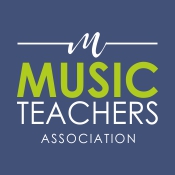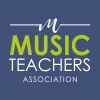The Music Teachers’ Association, Incorporated Society of Musicians (ISM) and Music Mark have written a joint letter to the Department for Education welcoming a government commitment to maintaining a broad and balanced curriculum, while strongly recommending that the government works closely with schools to protect the role of music education. Several sector organisations have also added their support to the letter.
Rt. Hon. Gavin Williamson CBE MP
02 July 2020
Dear Secretary of State,
We are writing collectively as representative organisations for music education and music teachers in response to the newly published government guidance on the catch-up curriculum and the return of schools.
Both the Incorporated Society of Musicians (ISM) and Music Mark are subject associations for music. The ISM, established in 1882, is the oldest professional association for musicians, representing over 10,000 music professionals, many thousands of whom are music teachers, while Music Mark represents the organisations and individuals that work within and across the music education hub partnerships. The Music Teachers Association is the largest and longest established association of music teachers in the UK, supporting all who are connected with school music departments. This letter is also endorsed by several sector organisations, listed as signatories below.
We are pleased to see that this new guidance has moved on from previous drafts circulated in the media. It is reassuring that the government remains committed to maintaining a full and balanced curriculum in all our schools, and that only in exceptional circumstances will some GCSE subjects be discontinued for certain pupils, and only in consultation with parents. We strongly recommend that the government continues to make clear in all its communications that all other options be explored before a subject is suspended or a GCSE dropped, and that government supports schools in exploring these options.
We also agree that the “prioritisation within subjects of the most important components for progression is likely to be more effective than removing subjects, which pupils may struggle to pick up again later”.
We note that more detailed guidance on restrictions on singing, wind and brass playing will be published shortly, and we are offering our assistance in developing the final version of this guidance so is it workable and best serves the needs of music teachers and pupils.
All of us in music education have been heartened by the large number of head teachers and school leaders who have stated their intention that music will play a vital role in returning school life to normal in September.
We ask therefore that the government takes an active role in encouraging head teachers and schools, irrespective of their status, to maintain their commitment to music education through the recovery and catch-up period, and in the long-term. This is particularly the case given the benefits that children will derive from a recovery curriculum with the arts at its centre.
Children must have the curriculum breadth to which they are entitled, and music and creativity must be the fuel that feeds the catch-up. Music provides a means for children to express themselves and an opportunity for meaningful social interaction and cooperation. It also has a significant positive impact on the mental health of children – who have disproportionately suffered in this regard throughout lockdown – and on overall attainment across all groups including SEND.
In addition, music education is essential to the talent pipeline, which delivers so much value for our country, both culturally and economically.
Our three organisations have a wealth of experience, resources and connections that can be of use to the government in strengthening the role of music education in our schools, and we very keen to place them at your disposal during these challenging times.
Yours sincerely,
Simon Toyne, President
Music Teachers’ Association
Deborah Annetts, Chief Executive
Incorporated Society of Musicians
Bridget Whyte, Chief Executive
Music Mark
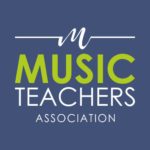
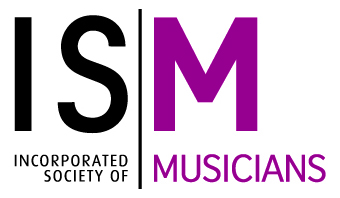
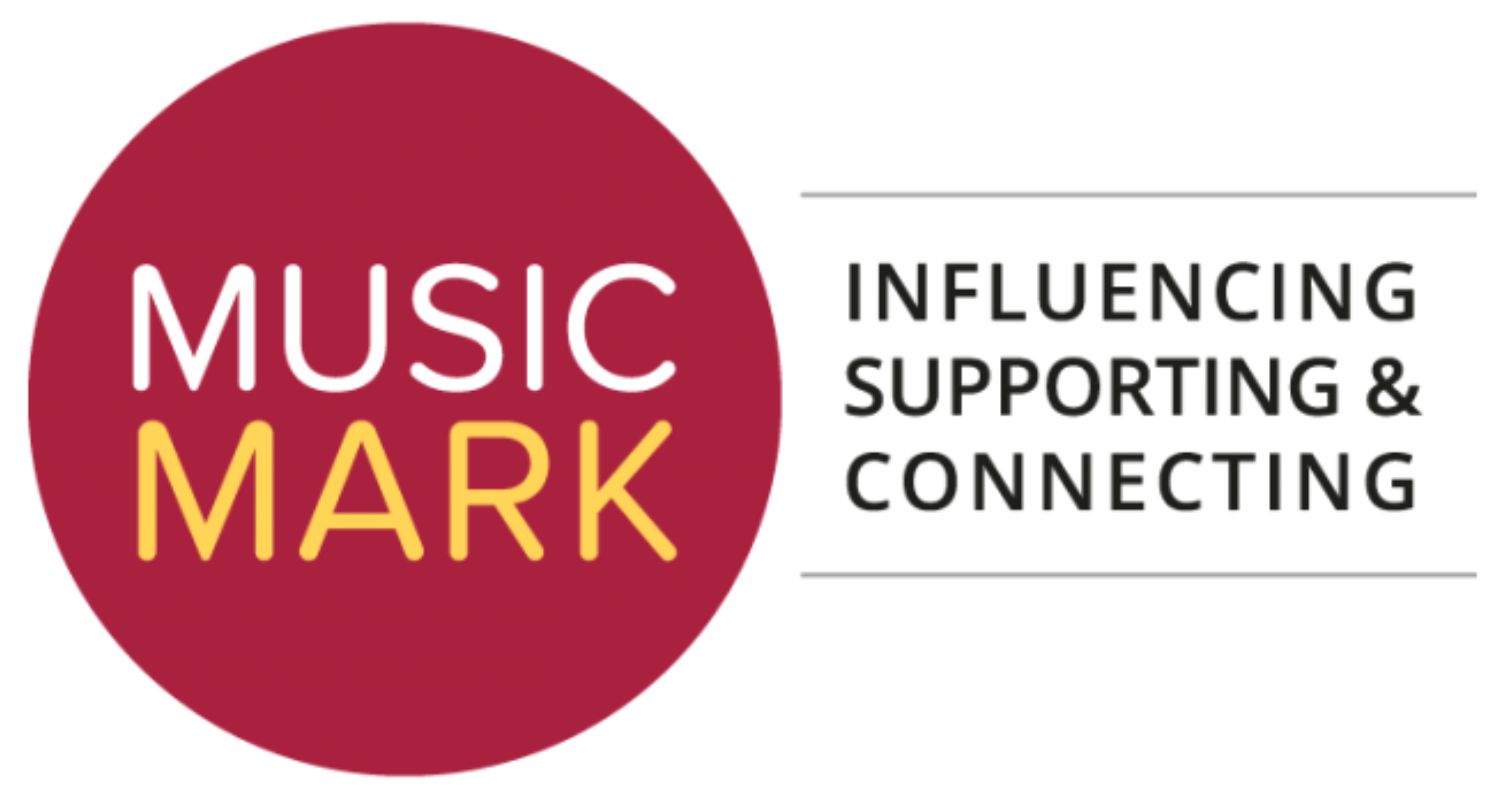
Supporting signatories
- Fiona Pendreigh, Chair, Music Education Council
- Diane Widdison, National Organiser – Education and Training, Musicians’ Union
- Philip Flood, Director, Sound Connections
- Sarah Alexander, OBE, Chief Executive and Artistic Director, National Youth Orchestra
- Susanna Eastburn, MBE, Chief Executive, Sound and Music
- Dr Oliver Morris, Director of Education and Skills, UK Music
- Matt Griffiths, CEO, Youth Music
